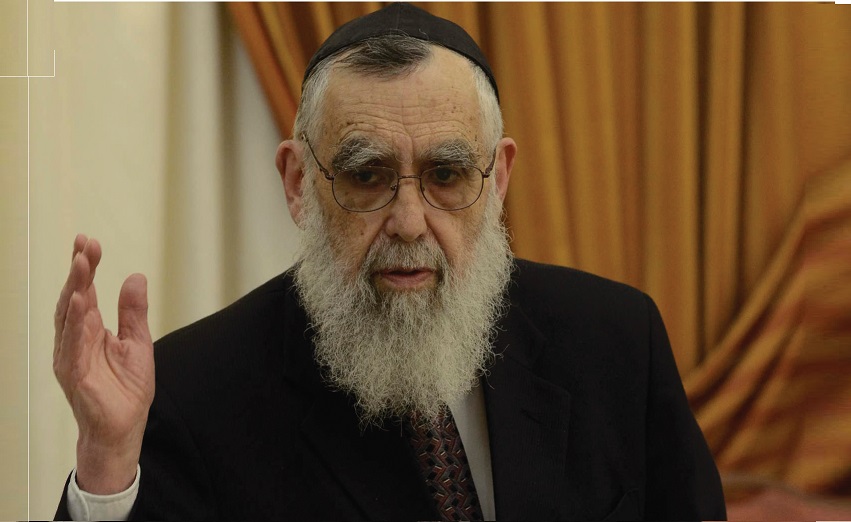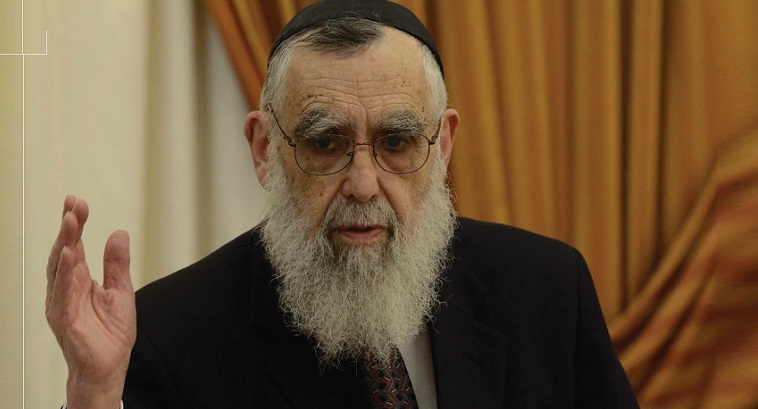The Jailbreak

Our prison is of our own making, and if we really want to escape, we can do so
“…to open blind eyes, to bring the prisoners out of the dungeon, and to release from the prison-house those that dwell in darkness….”
When I came across this striking verse in Yeshayahu 42:7, it brought to mind the magnificent parable in Koheles Rabbah 7:32 that Rabbeinu Yonah cites at the beginning of his classic Shaarei Teshuvah.
One dark night, all the prisoners of a certain dungeon escaped through a tunnel they had been digging for months. In the morning, the officer in charge was stunned to find all the cells empty , except for one single inmate who had remained behind.
“Why did you not run with the others?” asked the officer.
“Because I like it here,” he replied. “There was no point in running away from a place I like.”
The officer was enraged, and sentenced the prisoner to 20 lashes.
Question: Why should this lone prisoner be punished? Should he not instead have been rewarded for being a good citizen? The answer is that his refusal to run away showed that he never felt imprisoned. Which meant that he never experienced any punishment for the crime he had committed. Since he had not felt the pain of imprisonment, he never felt remorse, and the incarceration was wasted on him. It was as if he had not been punished. Therefore, reasoned the officer, he deserves to be punished even more severely now, so that he should feel remorse for his original transgression.
In a real way we are all prisoners. But we dwell in a strange prison: no guards, no walls, no barbed wire. We are free to enter the prison, and we are free to leave when we so choose. And who is the master of our prison? Who is the warden, the officer in charge? Its master is none other than we ourselves.
We are, each one of us, imprisoned in various ways: by our ingrained habits, our stubbornness, our all too human instincts. But every year, by means of the Yamim Noraim, these Days of Awe, our ultimate Master in Heaven reminds us that our prison is of our own making, and if we really want to escape, we can do so.
He even offers us a road map to freedom: choose one mitzvah, one holy behavior, and deepen it. Nothing dramatic, just little adjustments here and there — such as, for example, the way we say Baruch or Ashrei, or Shema, or the way we bentsh; or a small increase in our tzedakah; or committing to less irregular Torah study; or more tolerance and understanding of the foibles of others.
You name it — the list is infinite. Each new commitment, no matter how small it may seem, is a step out of the dungeon.
These are Days of Awe not only because of the awe-inducing summons to stand before the Heavenly Court, but also because of the awe-filled opportunity that the Court grants us to escape our self-imprisonment and to start afresh.
But if we refuse the opportunity to escape and instead we declare I am in a spiritual rut and am quite comfortable in the rut, then the true Master Above can rightfully wonder: What was the point in all that beating of the breast, and all the al cheits and the ashamnus, and the crying out of teshuvah, tefillah, u’tzedakah? Even if we found the chazzan inspiring, and were moved by the age-old melodies, and were touched by the shofar — but nevertheless emerged from these days exactly as we were when we entered, then what was achieved by the Days of Awe? If anything, the Master might well be in awe of our callousness.
Fortunately, our heavenly Master is a gomel chasadim, and understands the obstinacy of His creatures, and so He waits patiently for us to make the move. For He knows that the key to the Yamim Noraim is found not just in the holiness of Rosh Hashanah and Yom Kippur, but primarily in the days following these holy days.
For Klal Yisrael and the entire world, may this be a shnat chayim v’shalom; and for each one of us, may this be the year when we finally break out of that dark dungeon.
(Originally featured in Mishpacha, Issue 878)
Oops! We could not locate your form.




